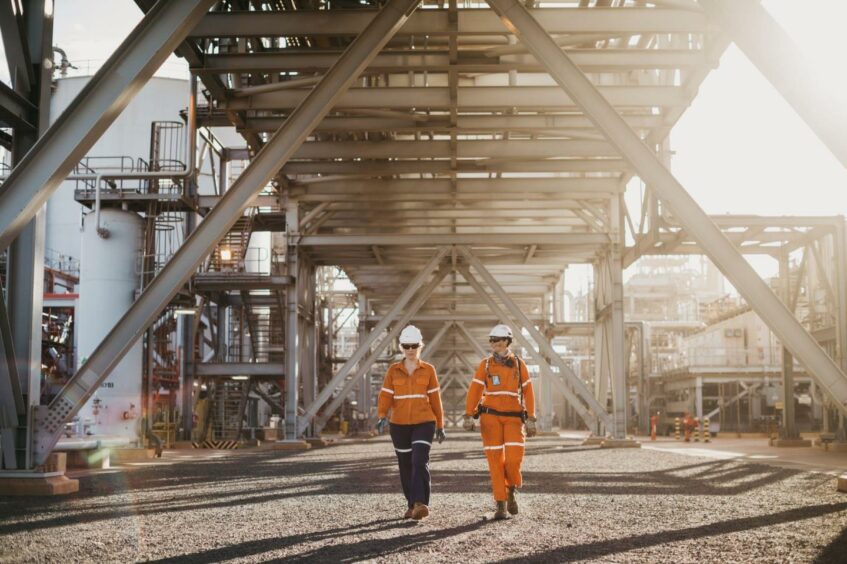
A new group is launching today with a focus on managing methane emissions in shipping, using LNG as a fuel.
The Methane Abatement in Maritime (MAM) Innovation Initiative intends to spend its first year working on ways to monitor and reduce methane emissions from LNG-fuelled ships. From 2023, the initiative plans to present solutions to industry.
Safetyech Accelerator will lead MAM. It has seven partners: Maran Gas Maritime, Mediterranean Shipping Company (MSC), Carnival Corporation, Seaspan, Shell, Lloyd’s Register and Knutsen Group.
Lloyd’s Register’s gas director Panagiotis Mitrou will chair the initiative. Safetytech Accelerator’s Head of Partnerships Steve Price will direct.
LNG as a fuel generates less CO2 and emits less NOx, SOx and particulate matter.
However, ships have a tendency to leak unburned methane when using it as a fuel. Natural gas is a powerful greenhouse gas (GHG), although it does not remain in the atmosphere for as long as CO2.
Measuring
MAM aims to determine what amount of methane emissions might be considered negligible. It will then work to determine what steps it can take to improve.
“Shipping currently lacks the information and tools they need to accurately measure the amount of methane released by LNG-fuelled ships, and the extent of this impact,” Safetytech’s Steve Price said.
“Understanding the extent of this methane slip will allow companies’, society and policymakers understand LNG’s real environmental impact. Empowering markets to channel investments to new technologies that can reduce methane slip, or to other transition fuels.”
LR’s Mitrou said there was a need to tackle climate change that was becoming more urgent.
“So it is critical that the industry does everything it can – as quickly as possible – to unlock the potential of LNG as a transition fuel,” he said. “By convening industry members who have already made great strides in abating emissions across their fleets, we aim to share and promote best practices across the supply chain for the benefit of the entire sector.”
Recommended for you

